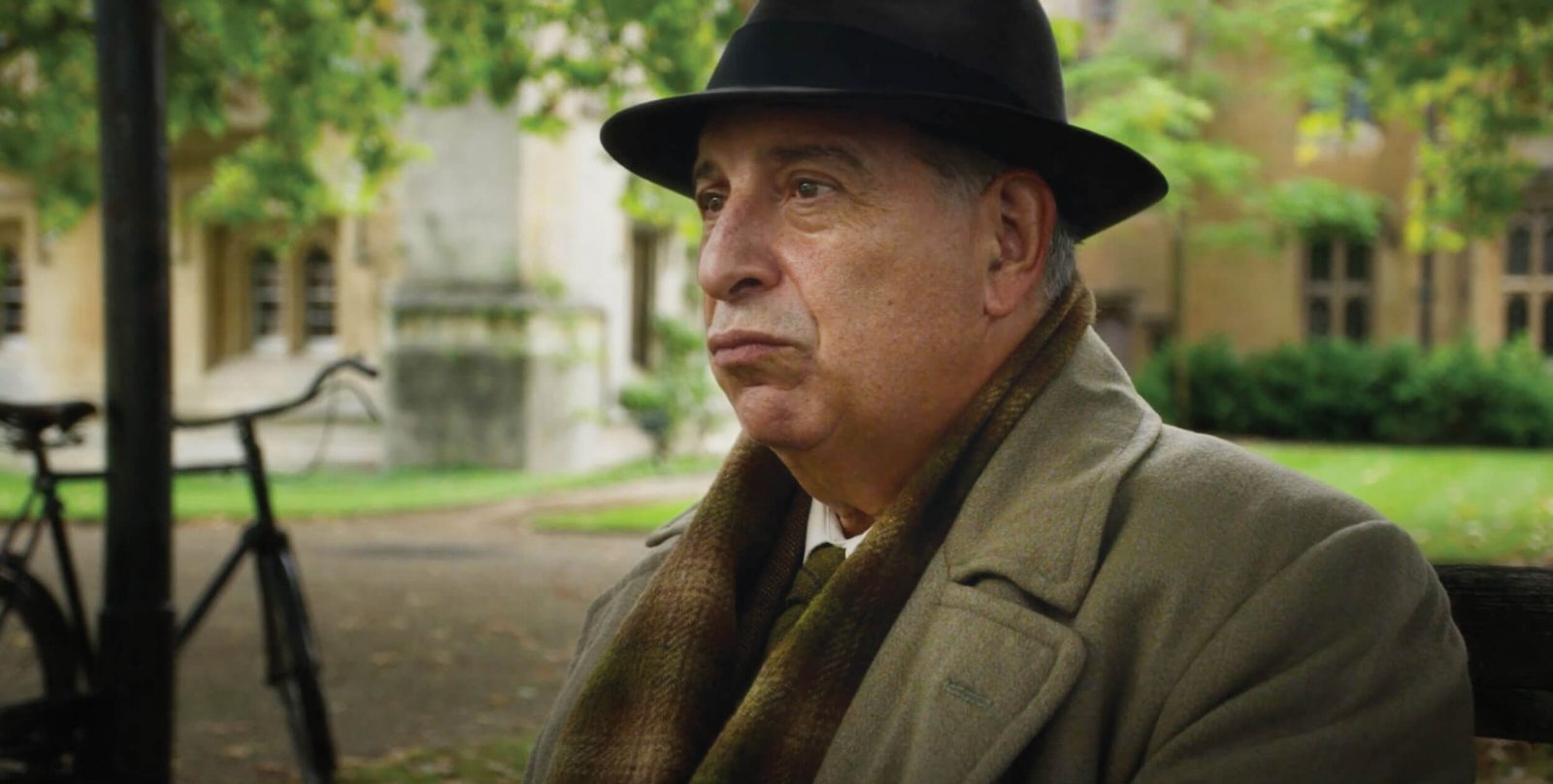
Casey Luskin and Adam Shapiro Debate Intelligent Design, Pt. 2
This ID the Future continues the debate between design theorist Casey Luskin, an editor of The Comprehensive Guide to Science and Faith, and science historian Adam Shapiro, co-author of Science and Religion: A Very Short Introduction. Justin Brierley, of the popular British debate program Unbelievable?, hosts. In this second half of the conversation, Shapiro argues that intelligent design’s popularity seems to have waned. Casey Luskin counters, arguing that the number and frequency of New York Times articles on ID is a superficial metric and that the ID research program is exploding, with the number of peer-reviewed ID papers growing every year, and the number of interested graduate students, ID hubs, and conferences expanding around the world, including ID conferences attended by high-level scientists, including Nobel Laureates. Luskin and Shapiro also discuss religious and academic freedom as it relates to the teaching of evolution and intelligent design in the classroom. Shapiro is actually more sanguine than Luskin about the freedom of high school biology teachers to teach intelligent design. Luskin, who has both a PhD in geology and a law degree, strongly advises high school biology teachers in public schools against teaching ID in the classroom. Instead, he says, the better and legally safer approach is to teach evolutionary theory comprehensively, covering both the evidence for it but also some of the evidence in the peer-reviewed literature against it. Luskin and Shapiro also part company on the nature of the intelligent design argument, with Shapiro suggesting that in practice it often amounts to a presenter highlighting some amazing feature in biology and then giving glory to God. Luskin pushes back, reiterating that intelligent design is an argument based on positive evidence, and is an argument to the best explanation–intelligent design–one that employs standard methods of scientific reasoning. This program is presented here with permission of Justin Brierley. To see this and other Unbelievable? episodes, go here. The first half of this conversation can be found here.

